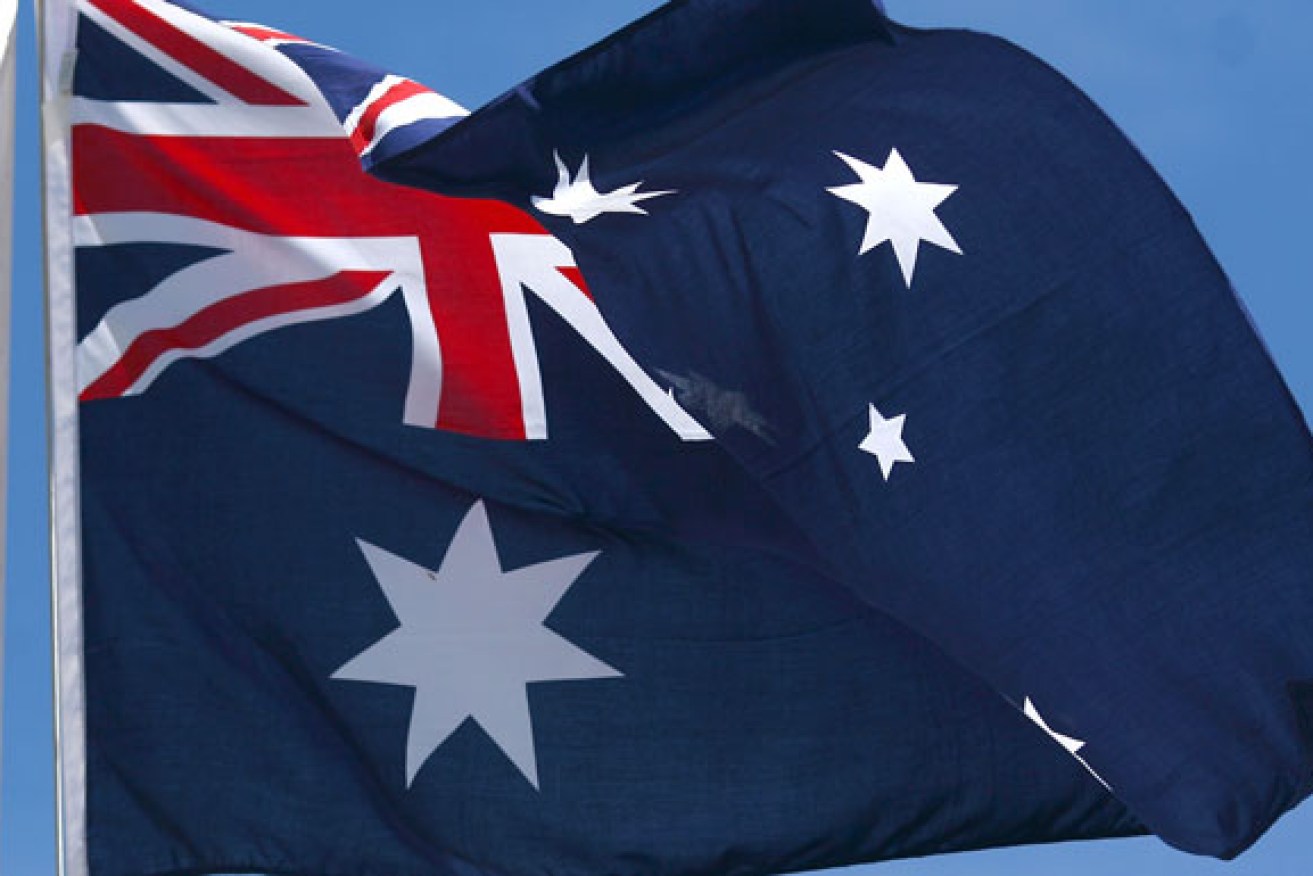Where Australians’ world-leading wealth is tied up


Australia has ranked number one for median wealth, but much of that is tied up in super and property rather than cash.
Australia has further cemented its position as the lucky country by topping a global ranking of national median wealth, but that doesn’t mean the ordinary citizen has cash to splash.
Household wealth in Australia has grown significantly in the past 10 years, according to Credit Suisse’s Global Wealth Report 2018, with wealth per adult hitting $US411,060.
However, this wealth is represented in our assets – namely property – rather than in our wallets.
While that figure was only enough to place the country in second globally, Australia’s median wealth figure of $US191,453 was enough to dethrone Switzerland for the top spot.
It’s a feather in the nation’s economic cap, but with wage growth lingering below 3 per cent annually and the number of Australians living below the poverty line sitting at about 13 per cent over the past five years, The New Daily decided to look at what it actually means for ordinary people.
Wealth doesn’t translate to income
The nation’s high level of wealth doesn’t mean Australians are earning more or have more cash on hand for the Christmas season, with the report finding much of that wealth is “heavily skewed” to non-financial assets, such as houses.
Economist Saul Eslake told The New Daily the results of the Credit Suisse report reflected the significant increase in property prices around the nation, adding that home ownership rates in Australia remained relatively high compared with other countries, despite dwindling in recent years.
Additionally, Mr Eslake said Australia was “unusual in that most rental housing stock is owned by other households” rather than government agencies or privately owned investment companies, as is common elsewhere, and this strange feature of the local economy would help push median wealth up.
Having that wealth tied up in non-financial assets, however, means it’s unlikely someone can turn it into cash.
“A lot of wealth will be difficult to turn into cash, actually,” Mr Eslake said.
That’s further compacted by the fact Australia’s high level of financial asset ownership is a product of the superannuation system, which Credit Suisse said “generates strong pension wealth”.
Typically dabbling in the sharemarket is the reserve of the wealthier end of an economy, but Mr Eslake said the indirect exposure to shares that super funds provide their members with likely had a big impact on Australia’s wealth rankings.
Dr Martin Fahy, chief executive of the Association of Superannuation Funds of Australia (ASFA), said the $2.7 trillion super system is one of the “key components of wealth for the median person”.
“Superannuation has played a crucial role in wealth creation for the vast bulk of Australians,” he said.
Inequality is low
Another theme to emerge from the research was Australia’s low wealth inequality, which Mr Eslake added was a much larger problem in the US and the UK.
The report found that 6 per cent of adult Australians have a net worth of less than $US10,000, compared with 18 per cent in the UK and 28 per cent in the US.
Dr Fahy noted that the “compulsion and universality” of the super system also ensured “that this wealth has been spread across the great bulk of the population”.








